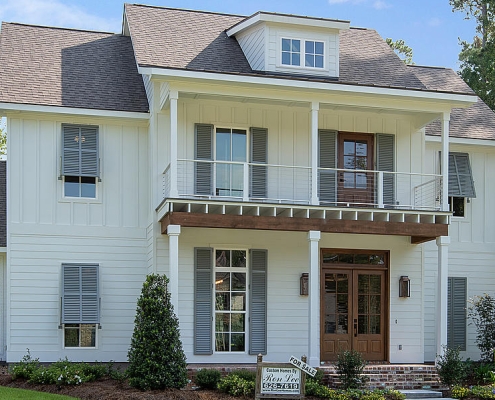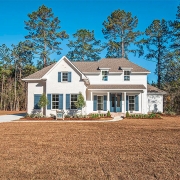Homeownership For Retirees
Homeownership is a big life change and comes with many unique challenges. Keeping up with a home can be daunting and if you are in your retirement years, this might not be how you want to spend them. Owning a home after you retire can affect your health, finances, and your well-being. 
“It’s a complicated question because it involves emotions and decades of memory. Living in the right place can add to your longevity and promote healthy retirement lifestyles. And likewise, the wrong place can shorten your longevity and shorten the aging process. I’ve seen it with my own eyes,” explains Nancy Schwartz, founder and transformational strategist for Envision Healthy Retirement.
Since this can look different for different people, retirement planning should be done on an individual basis. If you are unsure of what do, hire a professional. In the meantime, here are three questions to ask yourself when you are retired and considering homeownership.
1. Can You Afford to Stay in Your Home In Retirement?
Your current financial situation will be the biggest determining factor when asking yourself this question. “If you still have a mortgage on your house, are you going to be able to afford that? If a spouse passes away, can you still afford that once you lose Social Security or if the pension gets reduced?” asks Kimberly Strosnider, president and founder of Estate and Wealth Management Services LLC.
How much money is tied up in your home is another determining factor. It might be in your best interest to sell your home to help finance your retirement. “If you don’t have a nest egg put aside, does it make more sense to sell the home, get a smaller place, and then use the equity to help finance your retirement?,” asks Strosnider.
As an example say you are a homeowner of a million dollar home that you do not want to sell. You cannot bank on that $1 million as discretionary spending but it is holding cost. Think of it as renting to yourself. Remember owning a home has many expenses, so you cannot think of this home as a liquid asset you can leave your children.
2. Is Your Home Set Up for Aging?
If you live in a three story home on a hill, this might not be the best suited home for you to live in as you age. When decided if your home is suited for aging, you need to look at everything from the layout to the size. Look at the accessibility of bedrooms and where you can add safety features to bedrooms and bathrooms. If you have stairs in your home, you might want to factor in getting a chair lift.
Sad to think about, but you need to think about if you have to live in your current home alone, could you keep it up. As you get older, maintenance gets harder. When you are alone, you also would like to live close to friends and family.
3. What Lifestyle Do You Envision in Retirement?
The kind of lifestyle you choose once you retire, will greatly affect the type of home you want to live in. If you want to travel, then a smaller home with less upkeep would be a smart choice. “Many clients who come see me, their number one goal is to travel. How much of a house do you need if you’re going to be traveling a lot?” comments Schwartz.
When making a decision like this, look at all the elements of your personal situation. Not only do you need to look at the practical side, but also how you feel about this decision. Important factors to include are financial, health, family and lifestyle.
“This is a huge decision that can affect your health and longevity. I come back to: Take time, learn all you can, asses it, and make the best decision possible. And then find that love, safety, and belonging in your new or your same home again,” advises Schwartz.


